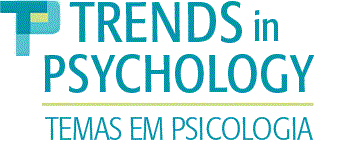Abstract
Signed since 1990, school inclusion has brought challenges to the teaching practice not only due to the demands of teaching-learning, but also of the relation with the included student. Therefore, the present study aimed to characterize teachers about emotional competence and coping styles, as well as evaluate the quality of the included student-teacher relationship and the association between these variables. An analytical, quantitative and cross-sectional, observational study was carried out, involving 63 teachers from schools that attend students with deficits in the performance of mental/intellectual functions in São Leopoldo-RS. They responded to the Sociodemographic and Labor Questionnaire, the Inventory of Emotional Competencies, the Brief Scale COPE and the Teacher-Student Relationship Scale. Descriptive and inferential statistical analyzes (Pearson's correlation and Multiple Linear Regression) revealed that although teachers have emotional skills and adaptive coping strategies, the conflict factor was highlighted in the evaluation of the teacher-student relationship, with self-blame, positive reinterpretation and humor being the strategies that best explain it. Thus, the importance of investing in training actions in the area of inclusion is confirmed, since the demands involved in this work tend to overwhelm teachers, reflecting on the quality of their relationship with the included student.
Keywords:
School inclusion; emotional competence; coping styles; coping; teacher-student relationship
